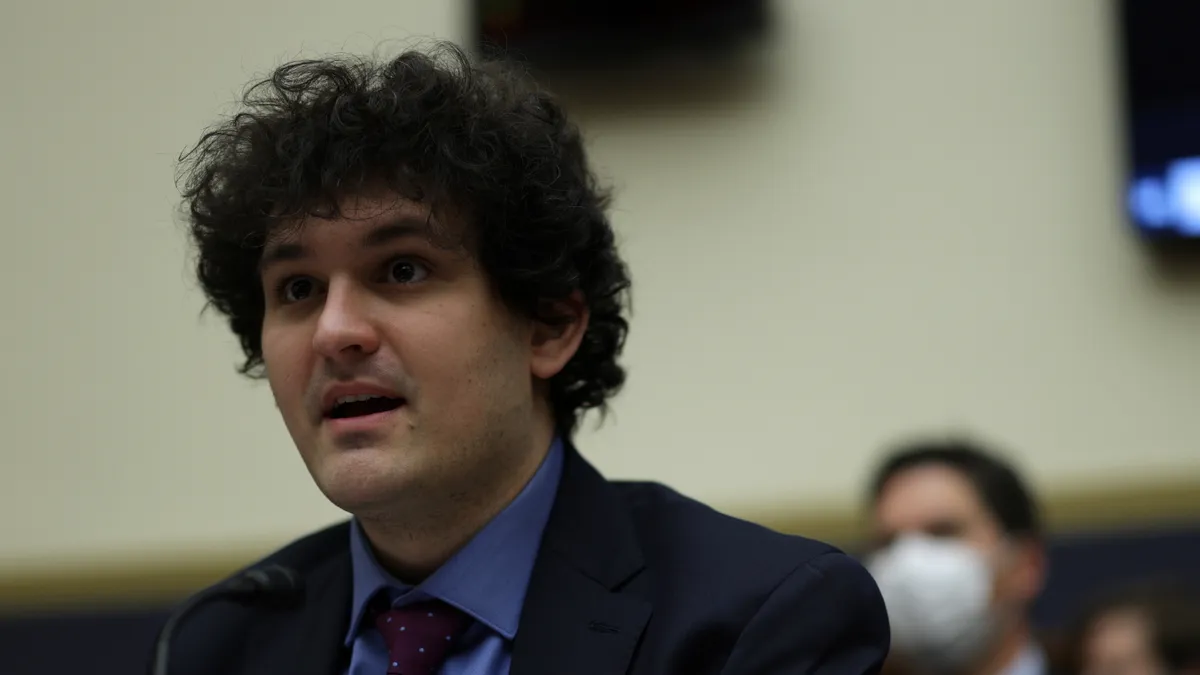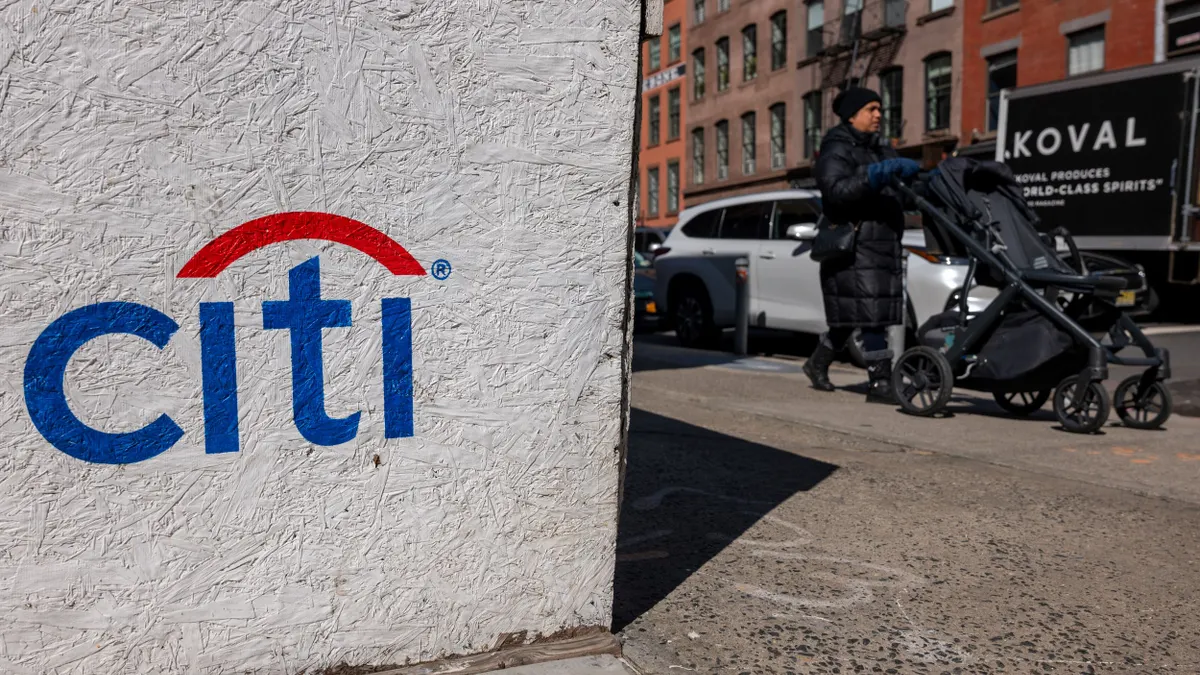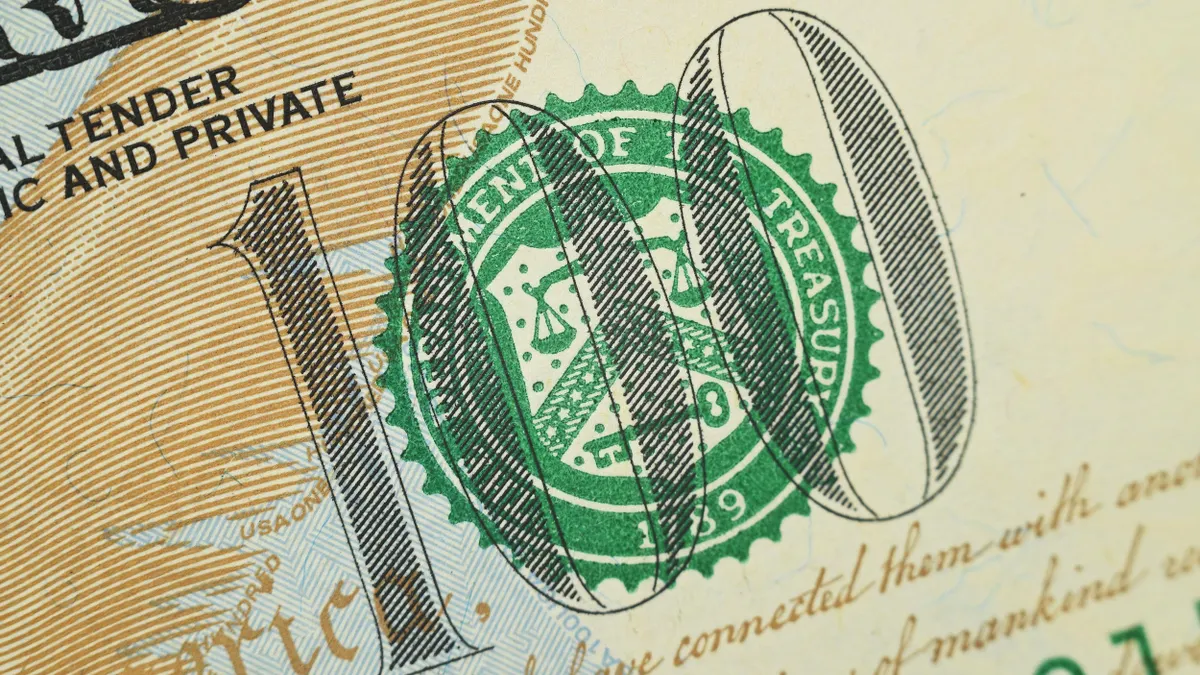FTX founder and former CEO Sam Bankman-Fried will no longer face a second criminal trial to address counts excluded from his first fraud trial, prosecutors said Friday.
The second trial, slated to start March 11, was meant to address charges including conspiracy to bribe foreign officials, conspiracy to commit bank fraud, conspiracy to operate an unlicensed money transmitting business, securities fraud and commodities fraud.
Prosecutors, however, declared in a letter to Judge Lewis Kaplan that most evidence that would be considered in the second trial “was already offered in the first trial … [and] Given that practical reality, and the strong public interest in a prompt resolution of this matter, "they will move forward to sentence Bankman-Fried without that second trial.
Sentencing is tentatively set for March 28.
Bankman-Fried was found guilty on seven counts related to the downfall of his formerly high-flying crypto empire in November. The charges included wire fraud and conspiracy to commit wire fraud against both FTX’s customers and its sister company Alameda Research’s lenders, conspiracy to commit money laundering, conspiracy to commit securities fraud against FTX’s investors and conspiracy to commit commodities fraud against FTX’s customers.
His conviction came exactly one year to the day after a report from CoinDesk seemed to show balance sheet issues within Alameda Research, which caused a bank run that led to FTX’s bankruptcy filing nine days later, which in turn led to an investigation into potential wrongdoing within Bankman-Fried’s crypto empire.
U.S. District Attorney Damian Williams said a second trial “would not affect the United States Sentencing Guidelines range for the defendant, because the Court can already consider all of this conduct as relevant conduct when sentencing him for the counts that he was found guilty of at the initial trial.”
Following FTX’s bankruptcy, Bankman-Fried was extradited from his home in the Bahamas on the seven charges for which he was eventually convicted. Prosecutors then added six counts — the aforementioned five, and one count of campaign finance violations — after Bahamian officials agreed to extradite Bankman-Fried.
Bahamian officials, however, have never agreed to those six counts; and the U.S. government “does not have a timeline for when The Bahamas may respond to its request.”
However, because the government provided “evidence of the defendant’s scheme to make unlawful campaign contributions” in the first trial and as well as evidence that supported each count the second trial was to address — including that Bankman-Fried conspired to bribe Chinese officials — Kaplan can consider such evidence when sentencing Bankman-Fried.
Bankman-Fried was a prominent political donor, giving mostly to Democrats but also to some Republican candidates and causes. According to Open Secrets, he was the seventh-biggest donor in the 2022 election cycle, donating $38.8 million. Former FTX executive Ryan Salame, who pleaded guilty in September to violating campaign finance laws and operating an unlicensed money transfer business, donated $23.7 million, making him the 15th-biggest donor.
Paul Grewal, chief legal officer at crypto exchange Coinbase — which competed with FTX and is still standing — called prosecutors’ decision to skip the second trial a “mistake.”
“Line prosecutors and supervisors have far more information on a case than anyone on the outside ever will. So I’m always reluctant to second-guess an agency filled with good people trying to do the right thing ... That said, I think this is a miscarriage of justice,” he said Friday on Twitter. "The public interest in a public airing of charges almost always matters. Campaign finance charges are at the very top of this list. What politicians and others knew what and when are critical questions that deserve answers.”
“Dropping this on a Friday night before a holiday only fuels public cynics about the politics of all this,” he added. “Damn shame.”
Meanwhile, the corpse of Bankman-Fried’s former company is engaged in ongoing and very expensive bankruptcy proceedings. FTX is losing roughly $1.3 million per day to bankruptcy fees, as lawyers and consultants working on the case charged $118.1 million for their work between Aug. 1 and Oct. 31. And though the company recently filed a plan to exit bankruptcy, legal experts told The Block this week that the process may take years to resolve “due to the sheer number of people and companies fighting over what's left.”



















